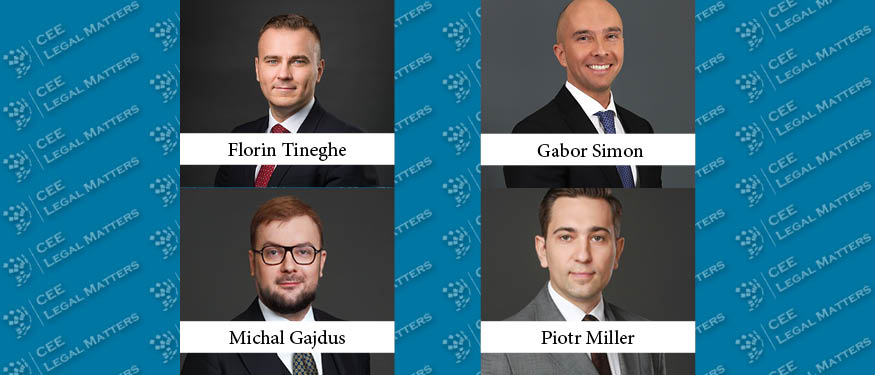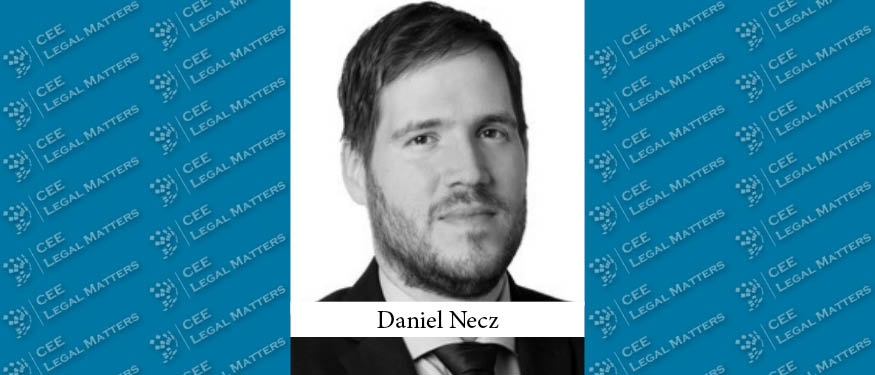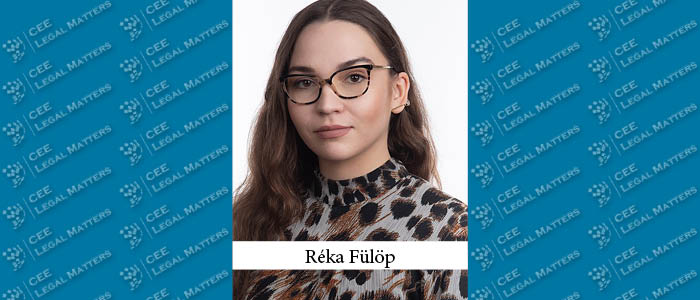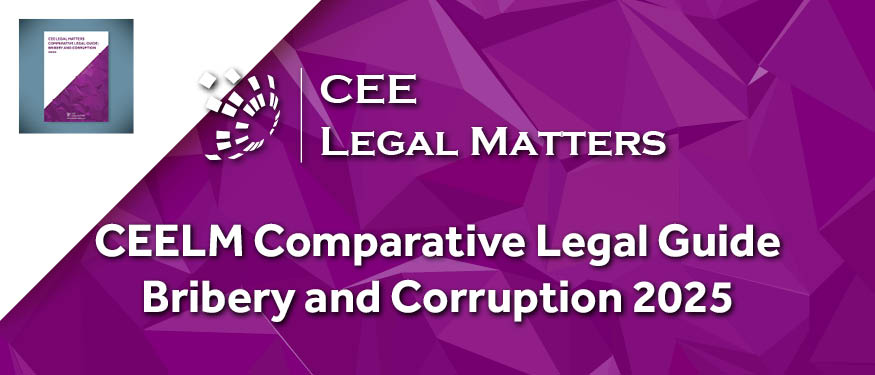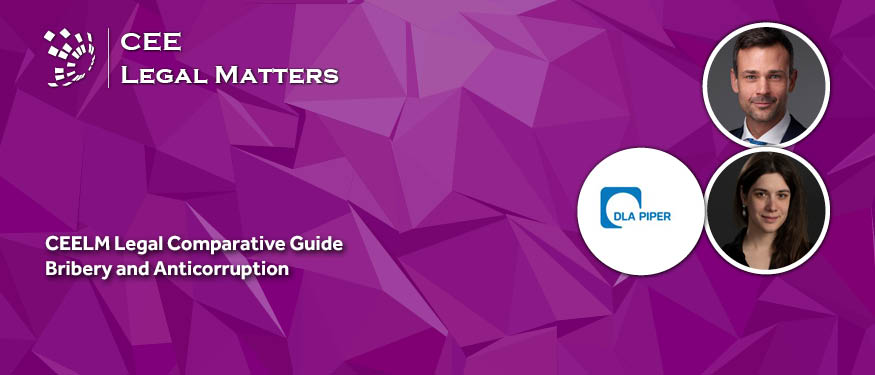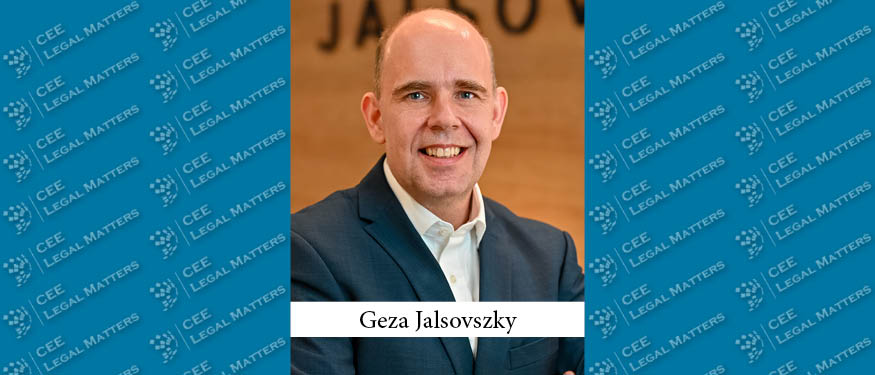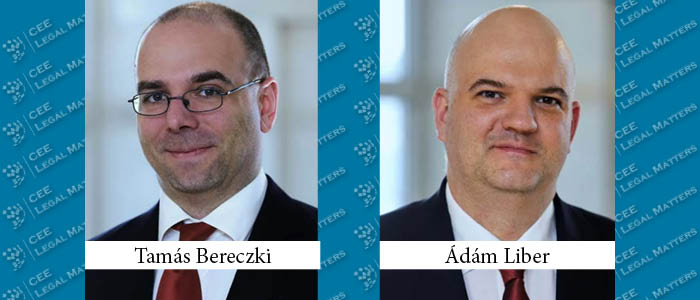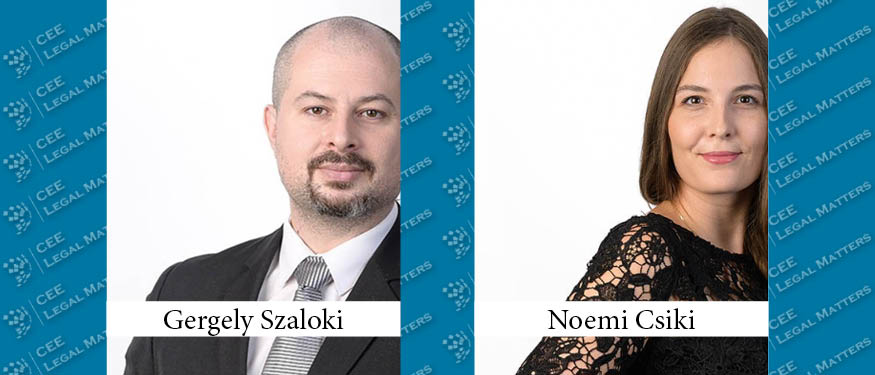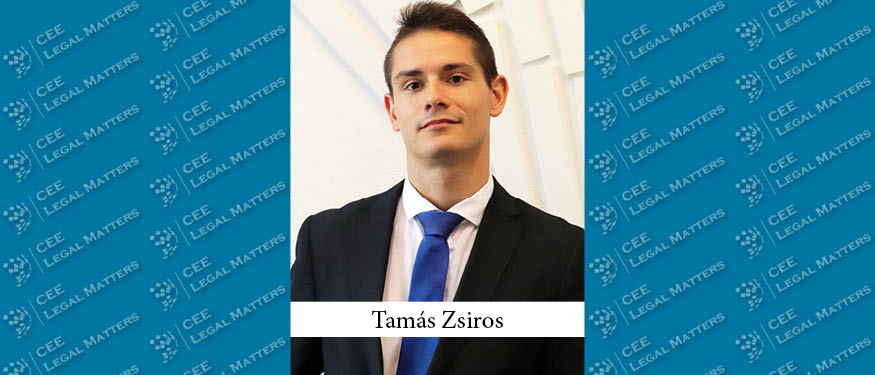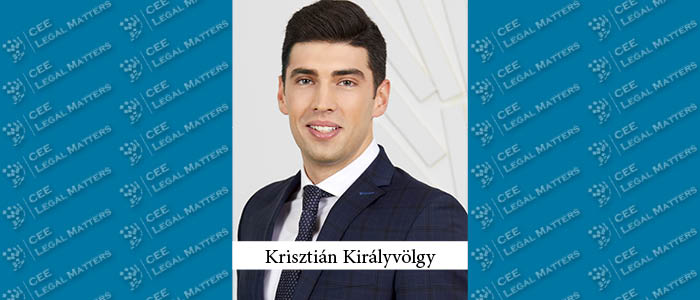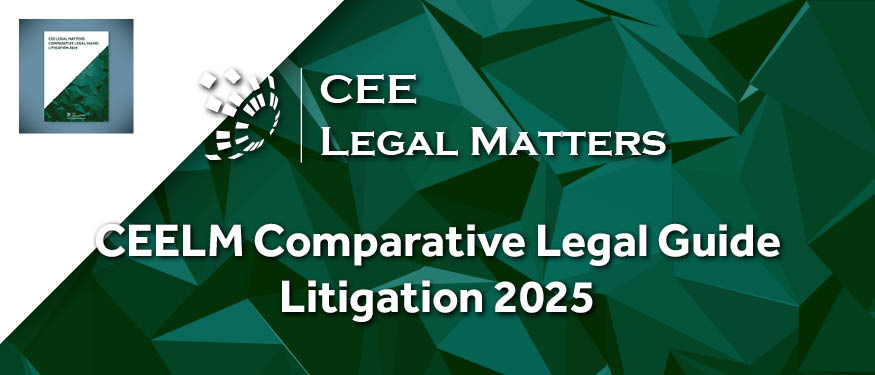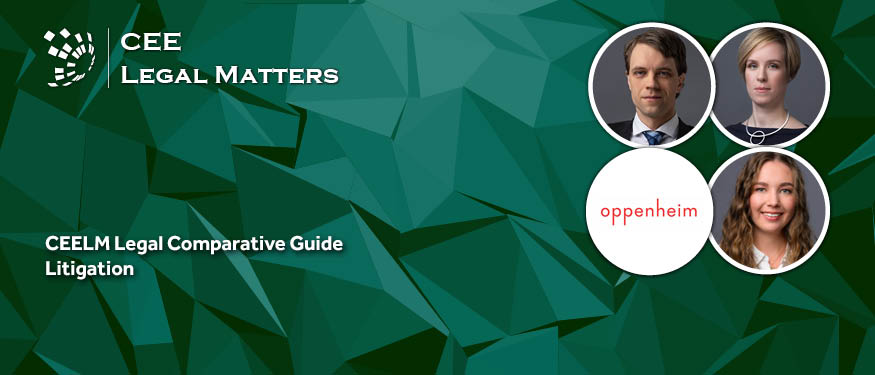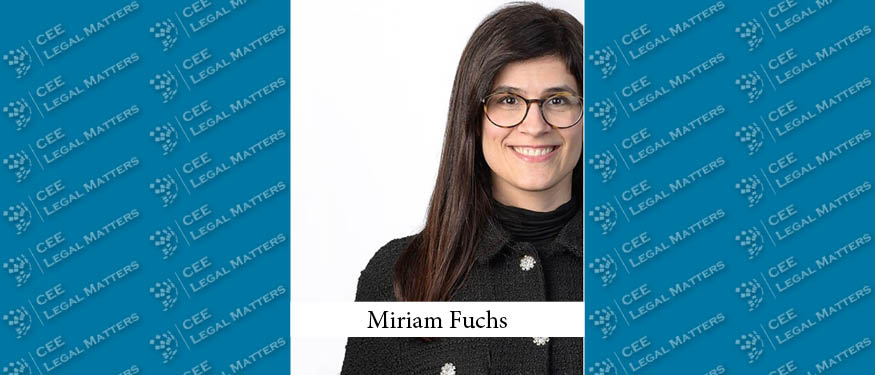Kinstellar has advised Hungary’s state-owned energy company MVM Group on the public procurement and development of a new nearly-1-gigawatt combined-cycle gas turbine power plant at Tiszaujvaros in North-East Hungary.
Florin Tineghe, Gabor Simon, Michal Gajdus, and Piotr Miller Make Partner at DLA Piper
DLA Piper has promoted Florin Tineghe, Gabor Simon, Michal Gajdus, and Piotr Miller to Partner as part of the firm's latest promotion round.
SimpLegal Opens Doors for Business in Budapest
Daniel Necz has founded the SimpLegal law firm in Budapest.
Facial Recognition and Minor Offences: New Hungarian Law Raises EU Compliance Questions
In March 2025, the Hungarian Parliament enacted legislation expanding the use of facial recognition technologies in minor offence procedures. The law is a part of broader efforts aimed at enhancing child protection measures, but has sparked considerable legal debate due to potential conflicts with European data protection laws, including the General Data Protection Regulation (GDPR) and the forthcoming EU Artificial Intelligence Act.
CEE Legal Matters Comparative Legal Guide: Bribery & Corruption 2025 is Now Out!
CEE Legal Matters is proud to introduce the latest in our Comparative Guides series. This one focuses on Bribery & Corruption in CEE.
Bribery and Corruption in Hungary
Contributed by DLA Piper.
Jalsovszky Launches Legal Technology Team
Jalsovszky has launched a Legal Technology Team led by Head of Technology Geza Jalsovszky.
Hungarian Minister Proposes Legislation to Enhance Transparency in State-Funded Projects
On 7 April 2025, Mr. János Lázár, Hungary’s Minister of Construction and Transport announced via social media his intention to introduce a major legislative initiative designed to overhaul the oversight of public investments.
Hungary Finalizes Key Cybersecurity Supervisory Rules under NIS2 Framework
On 17 April 2025, the President of the Hungarian Supervisory Authority for Regulated Activities (SZTFH) issued Decree 3/2025. (IV. 17.), setting out detailed provisions on cybersecurity supervision, the conduct of regulatory inspections, and the role of the information security supervisor.
The Government Has Decided on Changes to Facilitate the Use of Cash
In March 2025, the Hungarian Government decided to significantly strengthen Hungarian citizens’ right to use cash. In this context, the Fundamental Law has been amended, so that the possibility to pay in cash will become a fundamental right. According to the explanatory memorandum, this is necessary to avoid the economy becoming completely vulnerable to electronic financial systems.
1 July 2025: A Key Deadline for Crypto Asset Service Providers in Hungary
The regulatory landscape for crypto assets is undergoing significant changes, driven by the European Union’s Markets in Crypto-Assets Regulation (MiCA) (Regulation 2023/1114).
Will the Hungarian ESG Act Be Amended Once Again?
The Hungarian Ministry of National Economy published a bill to amend the ESG Act on 21 March 2025, simultaneously launching a public debate on the proposal. According to the official justification, the amendment aims to optimise the ESG reporting framework for sustainability aspects of Hungarian enterprises, to further strengthen the competitiveness of enterprises and to reduce the reporting and administrative burden on enterprises.
Hungary’s New Non-Performing Loans Rules: What Market Players Need to Know
In recent years, the European Union has paid special attention to the management of non-performing loans (NPLs), as these loans significantly impact the economic and financial stability of member states. As part of this effort, (EU) Directive 2021/2167 was introduced, which member states were originally required to implement into national law by 29 December 2023. However, in Hungary, the draft law aimed at implementing the directive was only presented to Parliament in March 2025.
Tax Audit of Dividend Claims Placed in a Trust
On 11 March 2025, the Ministry of National Economy and the National Tax and Customs Administration of Hungary published an opinion regarding the taxation of assigning dividend claims into a trust structure.
CEE Legal Matters Comparative Legal Guide: Litigation 2025 is Now Out!
CEE Legal Matters is proud to introduce the latest in our Comparative Guides series. This one focuses on Litigation in CEE.
Litigation in Hungary
Contributed by Oppenheim.
Hungarian Inquiry Eyes Single-Bid Medical Procurement
Despite a reduction in single-bid contracts, the GVH proposes additional measures to improve competition and transparency.
Pontes Budapest Advises Emeren Group on Project Financing for Solar Portfolio
Pontes Budapest has advised Emeren Group on project financing in Hungary for its 52.4 megawatt-peak solar portfolio, secured in collaboration with Raiffeisen Bank Hungary.


